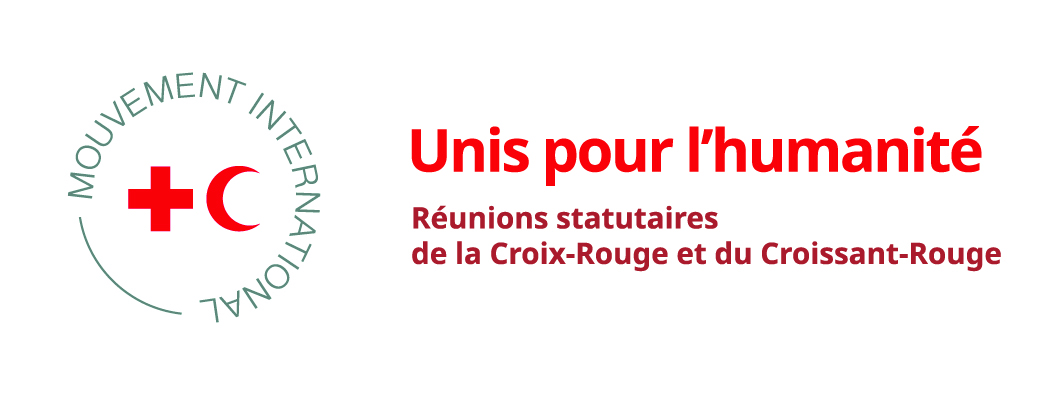Mesures prises:
Canada has undertaken a number of actions to support this pledge over the reporting period. For example, Canada is supporting UNESCO’s Global Media Defence Fund to scale up international efforts to protect, train and support journalists. It will focus on supporting journalists’ access to legal services and prosecution of those who target journalists for their work. The project will also support governments and other institutions to develop national frameworks, action plans and legislation relevant to the safety of journalists and the issue of impunity. It will foster international cooperation and support regional, in-country and local initiatives by civil society organizations, media associations and organizations, multilateral and regional bodies, as well as investigative journalism networks.
Canada is also supporting IFEX to contribute to improved democracy and civic space through three distinct but interrelated lines of effort: i) advancing the safety of journalists to conduct their work and access justice when their rights are restricted; ii) countering restrictions to free and safe civic space; and iii) promoting information integrity and countering targeted mis/disinformation. The project will strengthen the capacity of the 121 members of the IFEX global network to augment their work with beneficiary groups including journalists, human rights defenders, activists and communities disproportionately impacted by threats to press freedom, civic space and information rights.
In addition, Canada is working with the International Press Institute to strengthen the safety of journalists in sub-Saharan Africa. The project will systematically collect information on press freedom violations in Africa as a means to: promote increased responsiveness in strengthening media freedom policies; and carry out sustained advocacy to hold states in Africa to account for failures to protect journalists or prevent impunity for crimes against them. In addition, the project will provide training for journalists to protect against online attacks against media and improve the ability of journalists and audiences to recognize and reduce the impact of disinformation campaigns.
Canada is also supporting Article-19’s Feminist Agenda for the Safety of Journalists (FEMSOJ), which project will contribute to a safer and more inclusive environment for women journalists and social communicators in Brazil and Bangladesh by challenging unequal power relations and systemic discrimination that undermine the safety of women journalists. The project applies a feminist approach to research, monitoring and documenting violence as well as capacity-building for journalists and social communicators so they can protect themselves physically, psychologically, digitally and economically from targeted acts of violence intended to force them out of the public discourse. Activities will also focus on enabling collaboration among peers and increasing engagement with international, regional and national policy makers to advocate for gender equality and women’s empowerment.
Further, Canada works with the Thomson Reuters Foundation to strengthen the Media Freedom Coalition (MFC) Secretariat’s ability to ensure the actions of MFC member countries on media freedom are not only coordinated, inclusive and effective, but that they are targeted and impactful for journalists and media actors in the countries they represent. The ultimate outcome of this project is the improved physical, social and economic well-being of journalists and media workers within MFC member countries and beyond. The project will support the MFC leadership through clear processes and administration; support members to act by providing resources, ideas and connections; ensure information flow between stakeholders to promote coordination; organize key MFC activities such as events; communicate the MFC’s work to key audiences; and monitor and evaluate MFC activity.



